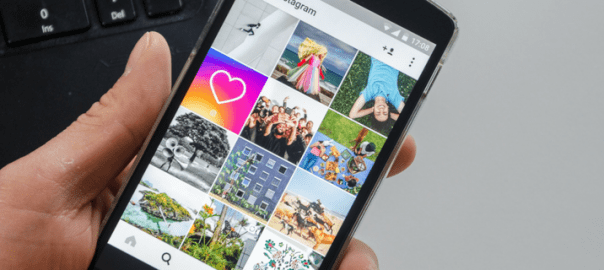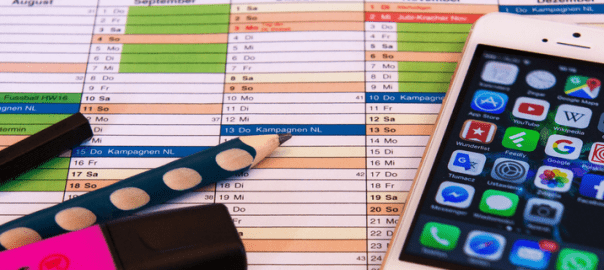This summary is provided by the IPR Digital Media Research Center Summary Though much strategic communication research has explored how brands use social media, less research has explored why brands choose to adopt new social media platforms for strategic communication purposes. To better understand what influences communication professionals to use and embrace new social media … Continue reading Cracking the Snapcode: The Influences of Strategic Social Media Adoption











